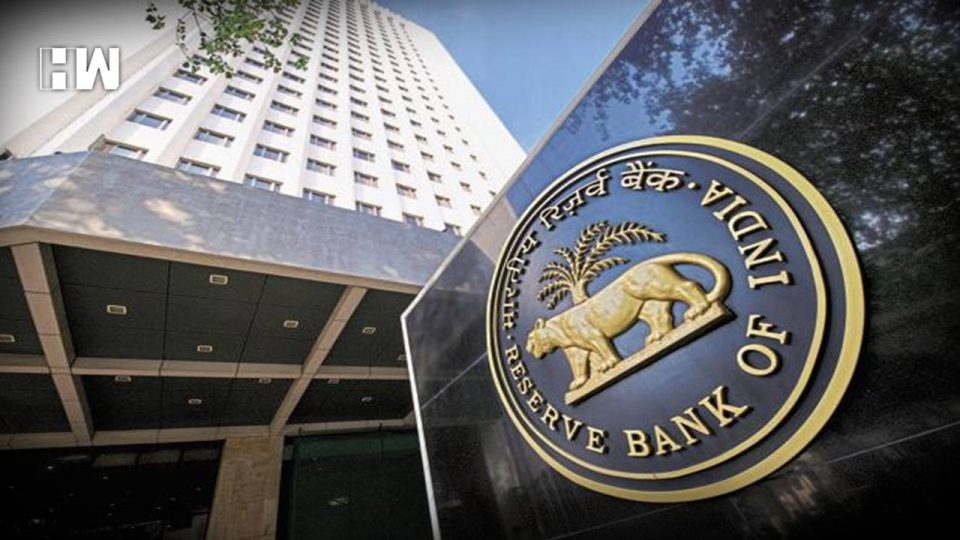Hyderabad: Reserve Bank of India (RBI) Governor Shaktikanta Das said rapid advancement in technology has brought with it an avalanche of data, adding further that, the research department’s role is to quickly process these data and derive meaningful inferences of relevance to policymaking.
During his inaugural address at the annual research conference of the Department of Economic and Policy Research of RBI on Saturday, he said central banks, given their mandate on preserving macro stability, and the responsibility to be at the forefront of managing an economic crisis, have a culture of diligently building synergies between research and policymaking. The conference was held after a gap of three years.
Stressing the importance of R-D, he said research departments are thus empowered to work as the workhorse and as the think tank for ensuring a continuous supply of reliable processed information, analytical research and new ideas. “Such ideas help in designing time and state relevant policies,” he said.
Rapid advancement in technology has brought with it an avalanche of data, the Governor said, adding that the research department’s role is to quickly process these data and derive meaningful inferences of relevance to policymaking.
Also Read: Netaji Subhas Chandra Bose’s grandnephew files PIL in Calcutta HC on distortion of history
In his remarks, he covered three important areas, he touched upon the vital role of the research department in a central bank. First, he talked about the challenges to RBI’s policymaking in the context of the developments in recent years, both global and domestic, that warranted robust data and research support.
Second, he highlighted some of the important contributions of the research department in these turbulent times. Third, he mentioned several challenges ahead that one could anticipate, requiring reimagination and rebalancing of the research function within the Reserve Bank.
The Governor said the economics profession today faces one of its toughest times as the global economy has been hit by multiple shocks one after the other. He said these shocks led to, first, the globalisation of inflation, with advanced economies facing multi-decadal high inflation.
Second, he said these shocks have led to a sustained slowdown in economic growth and trade, together with rising concerns about a possible global recession. Third, he mentioned the deteriorating global food and energy security situation and fourth, these shocks led to a realignment of global supply chains and policy-induced deglobalisation.
The weakening influence of multinational institutions in providing coordinated solutions to address global problems is also one of the impacts, the RBI governor mentioned.
He also said emerging market economies face an additional challenge from threats to their external sector stability.
As an independent media platform, we do not take advertisements from governments and corporate houses. It is you, our readers, who have supported us on our journey to do honest and unbiased journalism. Please contribute, so that we can continue to do the same in future.

